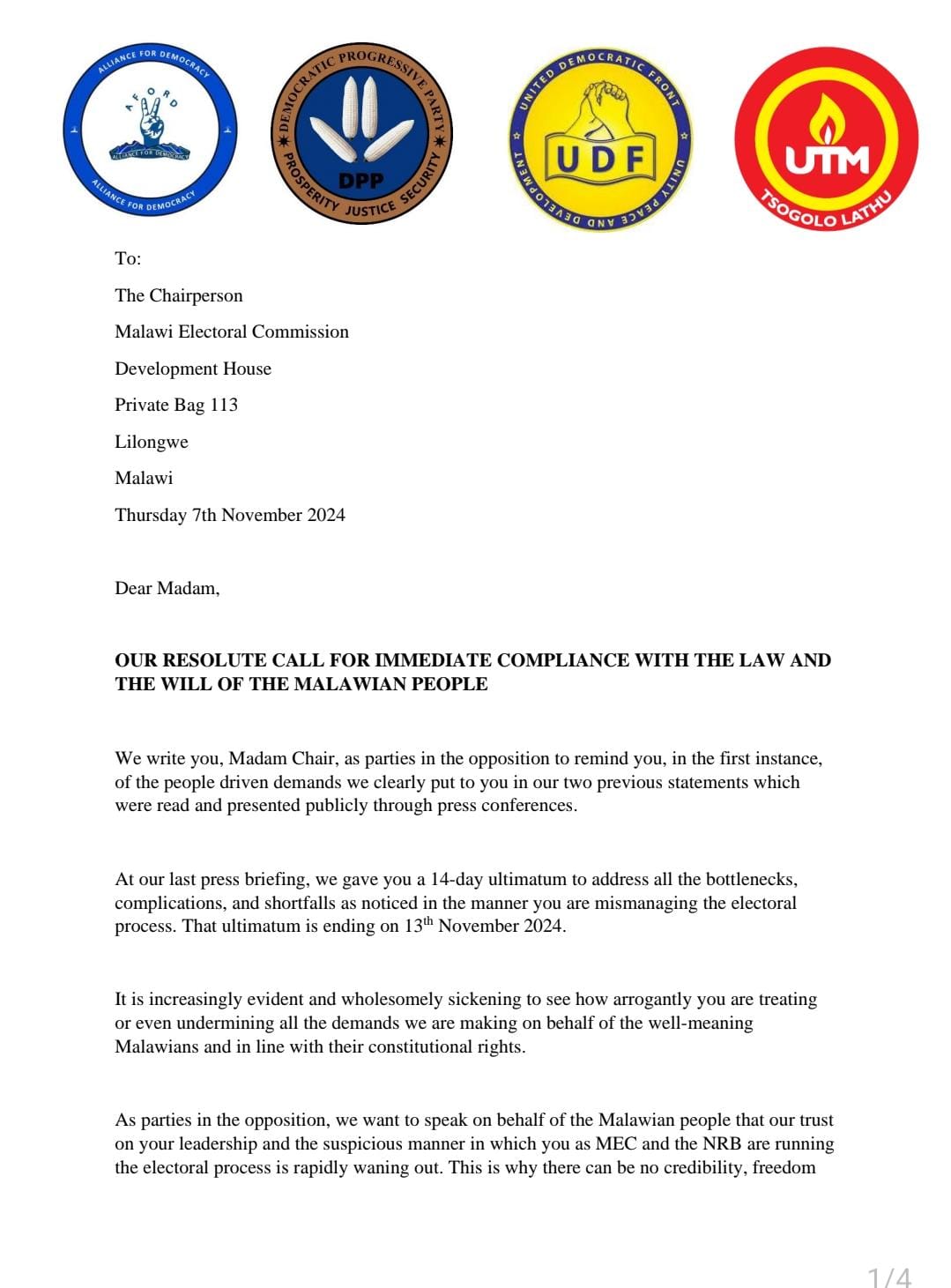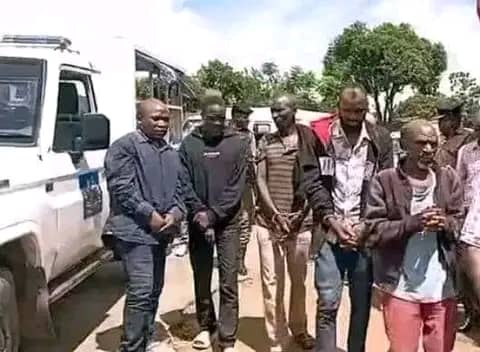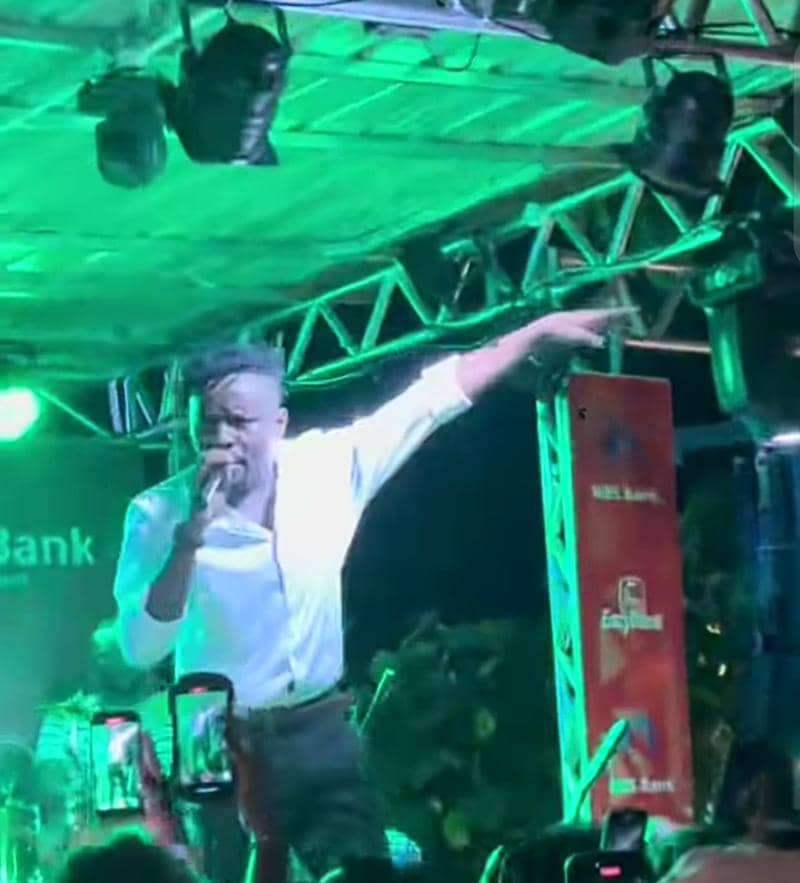By Burnett Munthali
In a charged political atmosphere leading up to the 2025 general elections, opposition parties in Malawi have made a bold move by delivering a firm letter to Justice Anabel Mtalimanja, Chairperson of the Malawi Electoral Commission (MEC). The letter outlines a series of demands aimed at addressing perceived irregularities in the electoral process and restoring public trust in MEC. By delivering this letter, opposition parties hope to put pressure on MEC to comply with constitutional requirements and ensure a fair and transparent election.
A growing crisis of confidence
The opposition’s grievances have been mounting, fueled by dissatisfaction over the perceived “mismanagement” of the electoral process. Leading opposition figures such as Hon. Linda Limbe (AFORD), Hon. Peter Mukhito (DPP), Hon. Dr. Patricia Kaliati (UTM), and Hon. Genarino Lemani (UDF) have collectively expressed doubts about the commission’s ability to uphold the integrity of the elections. Their criticisms center on MEC’s handling of voter registration, specifically alleging procedural lapses and failures that undermine the rights of Malawians to a credible election process.
The letter points to a “waning trust” in MEC’s leadership and accuses the commission, along with the National Registration Bureau (NRB), of behaving in ways that compromise the credibility of the electoral process. This sentiment underscores the depth of the opposition’s concerns, as well as the high stakes involved for both the Malawian electorate and democratic governance.
Key demands for accountability
In their letter, the opposition outlines five key demands, each intended to address fundamental issues within the electoral framework:
Firstly, the opposition demands that Justice Mtalimanja and MEC’s CEO resign due to their “compromised status,” arguing that a change in leadership is necessary for the electoral commission to regain public trust.
Secondly, highlighting issues with SMARTMATIC’s performance, the opposition calls for the immediate cancellation of the contract with the electoral services provider. Concerns about this partnership have been pervasive, with opposition leaders questioning the company’s competency and reliability.
Thirdly, the opposition insists on halting the second phase of voter registration until all discrepancies and inefficiencies from the first phase are resolved. This demand emphasizes the importance of addressing foundational problems before proceeding further in the electoral timeline.
Fourthly, drawing from the 2020 election model, the opposition demands that voting, counting, and transmission of results be conducted manually to prevent any digital manipulation or technical errors that could compromise the election’s outcome.
Fifthly, to restore transparency, the opposition calls for independent ICT auditors to assess and monitor the process, arguing that third-party oversight is essential for establishing credibility.
An ultimatum and potential fallout
The opposition has set a firm deadline: if MEC does not act on these demands by November 13, 2024, protests and vigils at MEC’s offices may follow. This ultimatum signals an intense standoff between MEC and opposition leaders, who appear prepared to rally public support for their cause. This situation reflects a wider trend in Malawi, where growing public discontent has transformed into a broader critique of institutional accountability and democratic governance.
A nation at a crossroads
With months remaining before the 2025 elections, Malawi stands at a pivotal juncture. The opposition’s demands resonate with many Malawians, who feel disillusioned by what they perceive as manipulation within the electoral framework. By issuing this ultimatum, the opposition underscores that electoral integrity is non-negotiable and positions itself as the defender of the people’s will.
The implications of MEC’s response—or lack thereof—are profound. Should MEC act to address these concerns, it could alleviate tensions and rebuild confidence in its processes. However, failure to comply with these demands could result in intensified political activism, potentially escalating into widespread protests. The response from MEC will likely influence both the course of the upcoming election and Malawi’s democratic trajectory.
Conclusion: The battle for democratic credibility
As Malawi’s electoral body faces mounting pressure from opposition parties, the international community, civil society, and Malawian citizens are closely watching how it will navigate this critical test of democratic accountability. The letter from opposition parties is more than a call for procedural compliance; it is a challenge to the heart of Malawian democracy, emphasizing that public trust must be preserved for democracy to flourish.
The coming days will indeed be telling. MEC’s choices, in response to these demands, will not only shape the outcome of the 2025 elections but also set a precedent for future electoral processes in Malawi. For now, Malawi’s democracy stands at a crossroads, with the fate of a credible election—and, by extension, national unity—hanging in the balance.
About the Author
Burnett Munthali is a political analyst and writer, specializing in Malawian political developments, electoral processes, and issues of governance.




